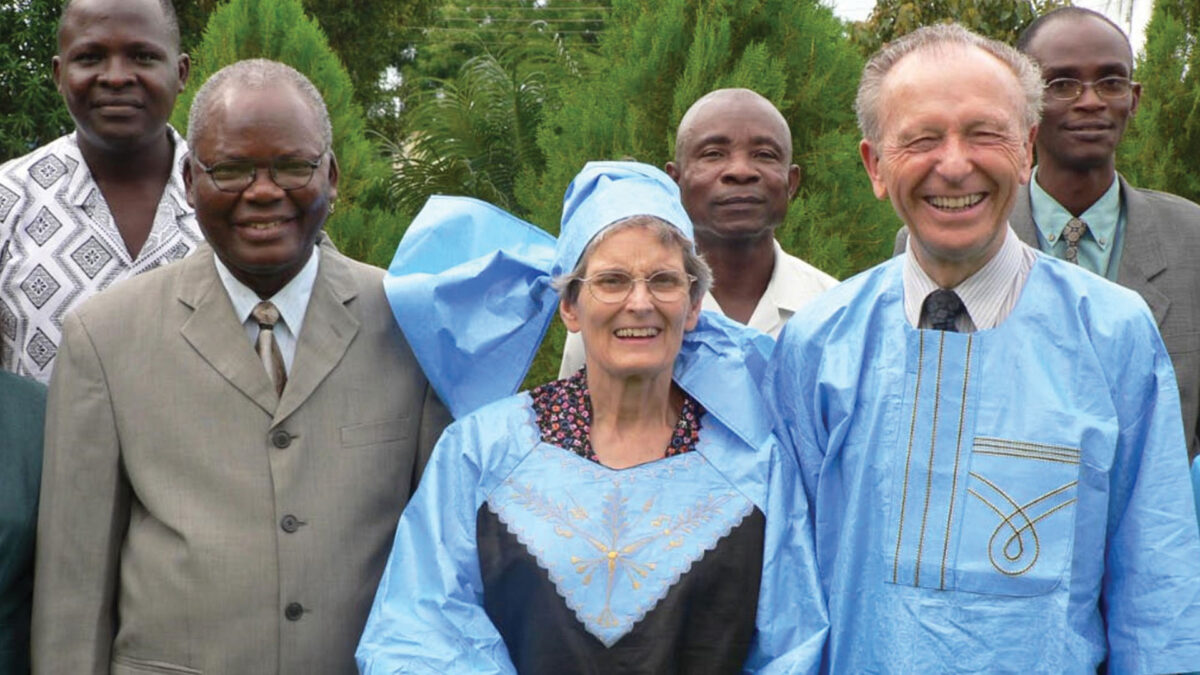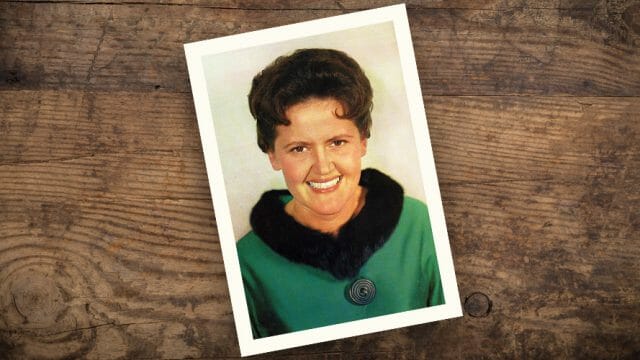He is credited with the development of Adventist theological education around the world.

Werner Vyhmeister, a renowned educator and scholar whose service to the Adventist Church spanned almost seven decades in several continents, passed to his rest in California, United States, on March 21, 2020. He was 88.
Remembered for his warm smile and calm but firm demeanor, Vyhmeister enjoyed a fruitful life that took him from his native Chile to Argentina, to the United States, and around the world. In those and other places he spearheaded the development of Adventist graduate theological education in ways that have resulted in lasting benefits to the mission of the church.
FIRST STEPS
Werner Vyhmeister was born on September 5, 1931, in Los Angeles, Chile. His maternal grandfather was one of two colporteurs who first brought the Adventist message to that country.
After high school Vyhmeister studied theology and then earned a master’s degree in history and geography. He worked as a church pastor, then as a professor and general vice president of Colegio Adventista de Chile. In 1959, Vyhmeister married Nancy Weber in Argentina.
In 1966, the family went to the United States to study. They returned to Argentina in 1968, where Vhymeister served as the dean of theology at River Plate Adventist College, and later as education director for the South American Division.
A MISSIONARY EVERYWHERE
In 1975, Vyhmeister accepted an invitation to Andrews University to teach in the Seventh-day Adventist Theological Seminary. While there, he saw that there was a problem with centralizing all graduate theological education in one place. This set him to thinking and planning for alternative forms of education in the students’ home divisions. The first version of this was the Seminario Adventista Latinoamericano de Teología, based in South America. The model was to keep the students close to home and maintain their employment while moving the faculty around to teach them. It proved so successful that it was later adapted and used in Inter-America, Southeast Asia, and Africa.
In 1984, Werner and Nancy were called to work in the Philippines. While there, the Adventist International Institute of Advanced Studies (AIIAS), the international graduate school for the region, was created. Afterward, they returned to Andrews, where Werner served as dean of the Theological Seminary.
A UNIQUE STYLE OF LEADERSHIP
Friends and colleagues remembered Vyhmeister for his commitment to excellence and mission. They also point out his warm qualities as a person and his appealing style of leadership.
Walla Walla University president John McVay, who served under Vyhmeister at Andrews University, said he always felt treated with respect and trust. “I was blessed by his amazing brand of leadership, without ego entanglement,” McVay said.
Julio Tabuenca, a pastor in California who knows the Vyhmeisters from his youth in Argentina, concurred. “He always showed a willing spirit, willing to serve in any capacity.”
AN ACTIVE RETIREMENT
In June 2000, Vyhmeister retired from full-time educational work, and he and Nancy moved to California. He stayed active in his local church, however, and frequently traveled to teach on three continents.
After a brief bout with pneumonia, Vyhmeister fell asleep in Jesus, awaiting the resurrection. He is survived by his wife, two children, several grandchildren, and five siblings.








